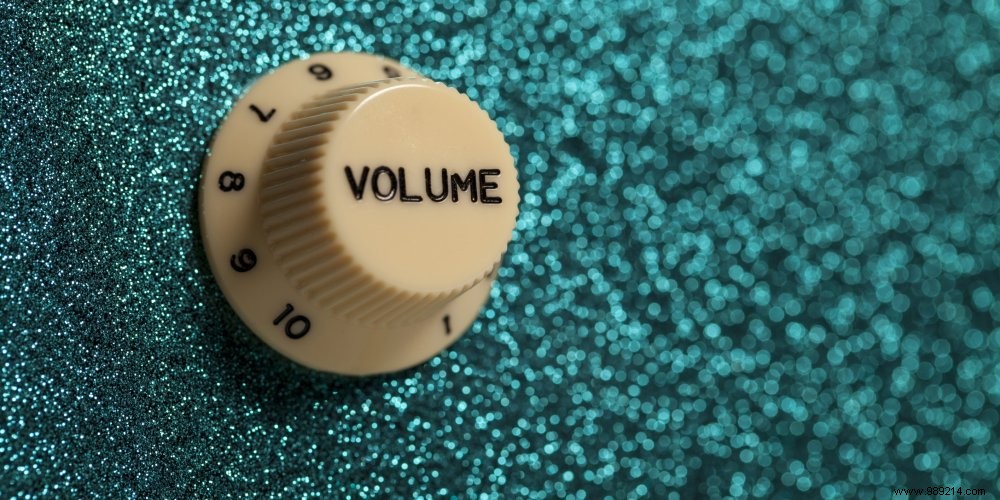 The decibels that attack our ears all day long are not just a source of annoyance. They also affect our quality of life and create acute trauma that gradually alters our health capital.
The decibels that attack our ears all day long are not just a source of annoyance. They also affect our quality of life and create acute trauma that gradually alters our health capital. Noise pollution puts our ears to the test. The World Health Organization (WHO) considers them to be harmful pollution, in 2 th position behind air pollution in terms of health impacts. Hearing is indeed in danger as soon as you work eight hours a day in a sound environment of more than 80 decibels (dB), i.e. the noise generated by automobile traffic in urban areas.
But hearing isn't the only thing affected. Excessive acoustic stimulation also threatens our physical and mental balance. A September 2015 study by the Noise Observatory showed that noise pollution causes residents of large cities to lose 7 months to 2 years of healthy life.
Above 85 dB (the sound of a motorcycle or a tractor), the hair cells of the inner ear are damaged. And since they are not repeated, each sound attack causes irreversible damage:chronic tinnitus (ringing or buzzing in the ears) and a progressive drop in hearing acuity which strikes today more and more precociously. “Of the five million French hearing impaired, two million are under 55”, observes Professor Jean-Luc Puel, neurobiologist specializing in hearing. Between the ambient hubbub of cities, the generalization of offices in open space and the fashion for audio headsets that some use by pushing the volume for several hours a day, serious hearing problems now occur in forty-somethings, even thirty-somethings.
Video of the day:Incessant noise reduces concentration and cognitive performance. In workshops and on the road, the risk of accidents is increased. And in the open space , employee attention is not optimal.
An Ifop study from December 2016 suggests that noise disturbances in open spaces (telephone ringing from neighboring offices, conversations between colleagues, printers, etc.) cause 20% of French employees to lose 30 minutes of productivity, i.e. a total of 120 hours. of work lost per employee and 23 billion euros in annual losses for companies.
Noise pollution generates psychic disorders. Thus, women aged 40 to 69 living near a railway "black spot" consume ten times more anxiolytics and antidepressants than those living in a quiet area, depending on socio-professional category, family situation and income level. equal.
According to data collected from 70 general practitioners spread over 30 municipalities in Ile-de-France, sleep is also disturbed. An intermittent sound of 45 dB (sound of a washing machine) is enough to delay falling asleep. And a sound of 55 dB (equivalent to the noise of a store during periods of average activity) induces untimely nocturnal awakening. So imagine the choppy sleep of a sleeper located not far from a major intersection or a highway ramp. Being exposed to 85 dB for 12 hours a day also affects the number and duration of sleep cycles. Result:chronic fatigue sets in over time, with a loss of motivation at work, memory difficulties and generalized anxiety.
Noise pollution also weakens the heart and blood vessels. British researchers from Imperial College London remotely measured the blood pressure of 140 people living near an airport or a major highway. Their work, published in the European heart Journal , prove that above 35 dB in the house, heart rate and blood pressure rise significantly. For each additional 10 dB, the risk of hypertension increases by another 14%, "which leads to the development of chronic cardiovascular disorders", explains Lars Jarup, co-author of this study. Acoustic over-stimulation indeed boosts the production of adrenaline and cortisol, two stress hormones that regulate heart rate and blood pressure in the arteries.
Also, a study published in the journal Environmental Research and conducted by Spanish and American researchers on the medical data of 3,000 people who had suffered a stroke showed that living in a noisy area increased the risk of severe stroke by 30%.
To protect your health, avoid repetitive and prolonged exposure to sound. In the office, wear noise-canceling headphones if necessary. Adjust the volume of your phone in a quiet place, and not in the street or in the subway which encourages to increase the power. Don't listen to it for too long in a row:take breaks every ¾ of an hour or so and don't fall asleep with it, unless your device has a Sleep function that automatically turns it off after a set period of time in advance.
Read also: